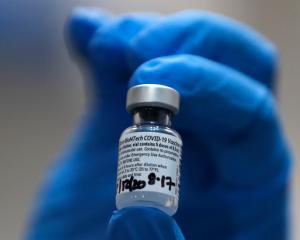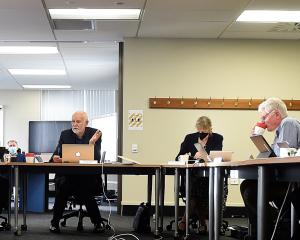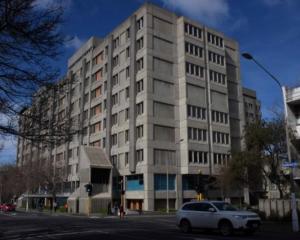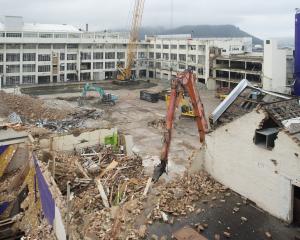The Southern DHB's proposal for a "one-stop shop" health centre in Queenstown was attacked for being a "woolly concept", while the Government was blasted for failing to cater for the resort's rising population and almost two million visitors a year in its health funding.
Those were some of the criticisms voiced from some of the 500 mostly senior residents who packed the City Impact Church, in Frankton, last night, for a meeting called by DHB chief executive Brian Rousseau to present the board's concept of an integrated family health centre (IFHC).
In a question and answer session afterwards, Dr Nigel Thompson criticised the lack of details and figures to make decisions on the proposal, to a round of applause.
Mr Rousseau said the DHB could not proceed further with details until it had ongoing "full and frank" discussions with the Association of Salaried Medical Specialists (ASMS) and Lakes District Hospital staff. The proposal was directed at them, following DHB community consultation a year ago.
Feedback told the DHB 49% of residents supported the idea of an IFHC which was neither controlled by GPs nor privatised, retained existing hospital services and kept the emergency department "free".
Queenstown Lakes district Cr Simon Stamers-Smith criticised the DHB for relying on 266 submissions last year.
The submissions were fewer than the number of the people attending last night. He called for show of hands for and against the proposal, which appeared to split the room.
Former Queenstown Lakes mayor Warren Cooper called the time between consultation and the proposal as "12 months of paralysis by analysis".
Mr Cooper thought many people wanted the DHB to upgrade the existing hospital, instead of taking a "greenfield approach" which might never happen by Government decision.
Criticism was voiced over a perceived lack of Lakes District Hospital services and the frequent need to transfer patients to Invercargill, or Dunedin, for services such as maternity. Mr Rousseau cited insufficient demand to justify the cost.
Hospital operating costs rose to $5.99 million in 2009-10, up 51% from $3.97 million in 2005-06.
Mr Rousseau stressed the proposal did not determine the IFHC design, services, location, providers or governors. There was no mention of reducing hospital services, selling the hospital, or privatising, he said.











